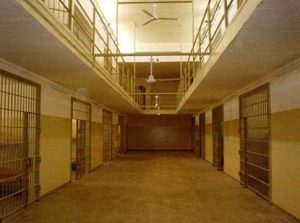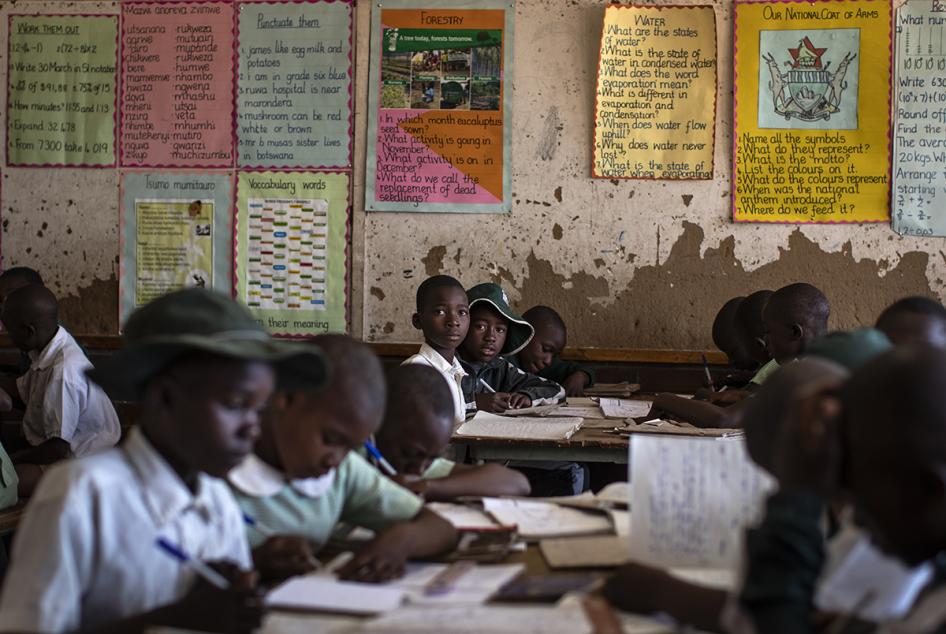
This week, the unprecedented happened: life as we knew it ground to a halt as COVID-19 descended upon our country. In many states, nonessential businesses were forced to close, people were strongly encouraged to practice “social distancing” by avoiding public places and gatherings, and all but the most essential court proceedings were adjourned indefinitely.
As the virus quickly took hold, businesses closed their doors and, to the extent that it was was possible, sent their employees home to work remotely. For many law firms, this sudden departure from business as usual was an unexpected — and unwelcome — wake-up call, since only a small minority were set up for widespread remote work.
As a result, the focus in online lawyer discussion groups changed overnight, with lawyers sharing their concerns about whether their firms would survive the mandated closures. Others sought advice on the remote working tools that would be necessary to set up a remote law firm, such as video conferencing platforms, VOIP phone systems, and law practice management software. Not surprisingly, the same phenomenon was occurring offline as well.
Additionally, as courts closed their doors to all but the most essential legal proceedings, administrative judges grappled with pressing access to justice issues. Like most law firms, few courts are set up to handle video arraignments and remote court appearances. As a result, courts across the country are scrambling to identify technology solutions that can be used to ensure that our most fundamental constitutional rights are protected, even in the midst of a pandemic.
For a change, previously Luddite members of the legal profession are looking to technology to solve their problems. I guess it really is true: desperate times call for desperate measures.
It reminds me a lot of the rush to develop and use ediscovery software in the wake of the amendments to the Federal Rules of Civil Procedure in 2006. It was only because of court mandate that lawyers shifted gears and began to rapidly adopt ediscovery tools. So much so that in 2020, the ediscovery software is now a multibillion-dollar industry.
Notably, there’s a big difference between then and now: today the technology needed for remote work has already been built. It’s readily available to the legal industry and has been for years. Law firms and courts simply need to take advantage of it. Remote work is an achievable and realistic goal: the bionic law firm (or court proceeding, as the case may be) is within your reach. You just need to reach out and grab it.
Here’s how to make it happen. First, take stock of your current technology assets, including hardware and software. Determine your law firm’s needs and identify the technology that will be needed in order for all law firm staff to work remotely.
For most firms, this means you’ll need to invest in cloud-based law practice management software. With this type of software, all of you law firm’s information will be located in one location. Typically, as I explain in this ABA Journal article, this includes, among other things: 1) contacts and calendars, 2) invoicing and time-tracking, 3) documents and other matter-related data, 4) internal and external communications, and 5) financial data. Some legal practice management systems even include built-in esignature capabilities, lead management tools, integrated email, two-way text messaging, and secure communication and collaboration tools like a client portal.
In most cases, you’ll also need to invest in some of the tools and software that I’ve written about in my ABA Journal column over the years, including: 1) video conferencing software, 2) a VOIP phone system, 3) an online fax service, 4) document scanning tools, 5) collaborative word processing software, and 6) speech-to-text dictation software.
Once you’ve chosen the tools you need to set up a remote workforce, the next step is to prioritize the training of your employees. Make sure that they understand the features of the software you’ve chosen and how to integrate it into their workflows. Additionally, set expectations by providing them with guidelines designed to help them implement the software into their daily routine. Finally, ensure that everyone working remotely understands client confidentiality issues and uses the chosen software for all client matters.
My fellow lawyers: you’ve got this. We have the technology. Remote work is easily accomplished in 2020. With the right tools, you can rebuild your bricks-and-mortar law firm and turn it into a virtual one. Your clients are relying on you, and the technology you need is readily available, affordable, intuitive, and, most importantly, it will get the job done. So what are you waiting for? Get back to work!
Nicole Black is a Rochester, New York attorney and Director of Business and Community Relations at MyCase, web-based law practice management software. She’s been blogging since 2005, has written a weekly column for the Daily Record since 2007, is the author of Cloud Computing for Lawyers, co-authors Social Media for Lawyers: the Next Frontier, and co-authors Criminal Law in New York. She’s easily distracted by the potential of bright and shiny tech gadgets, along with good food and wine. You can follow her on Twitter at @nikiblack and she can be reached at niki.black@mycase.com.









 Jordan Rothman is a partner of
Jordan Rothman is a partner of 


